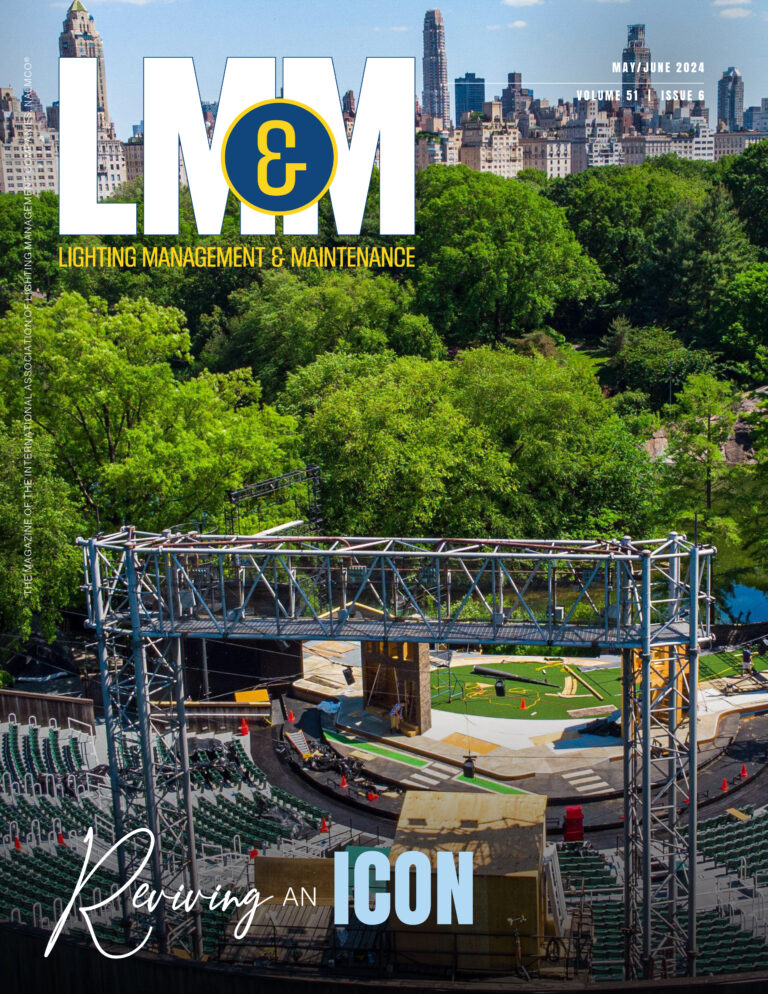Numerous studies have found that humans don’t eat enough healthy foods including whole grains, nuts, seeds, fruits and vegetables. However, a recent study published in the journal PLOS One found that if everyone around the globe began to eat a healthy, plant-based diet, there would simply not be enough fruits and vegetables to feed the world. In other words, what we should be eating, and what we’re producing are not aligned under the current global agriculture system.
Research from the Illumination for Plant Health (IPH) Alliance at the Lighting Research Center (LRC) at Rensselaer Polytechnic Institute has shown that “Precision Light Dosing” can be used to combat the many pests and pathogens that reduce crop yields, and to increase plant health. At the same time, due to factors such as interest in local and sustainable food, along with maturing technologies which make it financially viable, crops are increasingly being grown indoors in controlled environments. Lighting professionals are being called upon to design and develop innovative lighting systems and applications for these indoor agricultural environments. This presents exciting new challenges for lighting professionals, who must gain additional knowledge and skills to navigate and fully participate in this emerging market.
To address this need, the LRC is developing a new course curriculum on lighting for plant growth and health with support from the Nuckolls Fund for Lighting Education.
The course development team at LRC includes Professor Mark Rea, Plant Pathologist Jaimin Patel, Research Scientist Leora Radetsky, and Director of Education Dan Frering.



